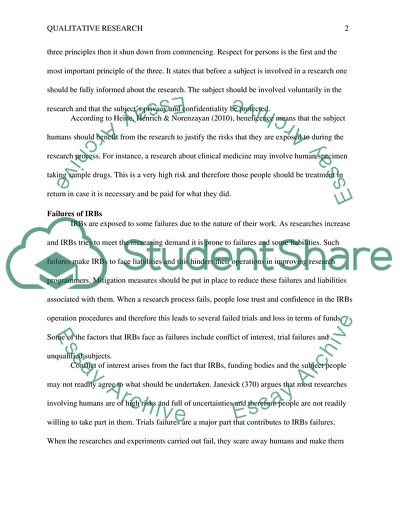Cite this document
(Qualitative Research Report Example | Topics and Well Written Essays - 2250 words, n.d.)
Qualitative Research Report Example | Topics and Well Written Essays - 2250 words. https://studentshare.org/education/1864567-qualitative-research
Qualitative Research Report Example | Topics and Well Written Essays - 2250 words. https://studentshare.org/education/1864567-qualitative-research
(Qualitative Research Report Example | Topics and Well Written Essays - 2250 Words)
Qualitative Research Report Example | Topics and Well Written Essays - 2250 Words. https://studentshare.org/education/1864567-qualitative-research.
Qualitative Research Report Example | Topics and Well Written Essays - 2250 Words. https://studentshare.org/education/1864567-qualitative-research.
“Qualitative Research Report Example | Topics and Well Written Essays - 2250 Words”. https://studentshare.org/education/1864567-qualitative-research.


